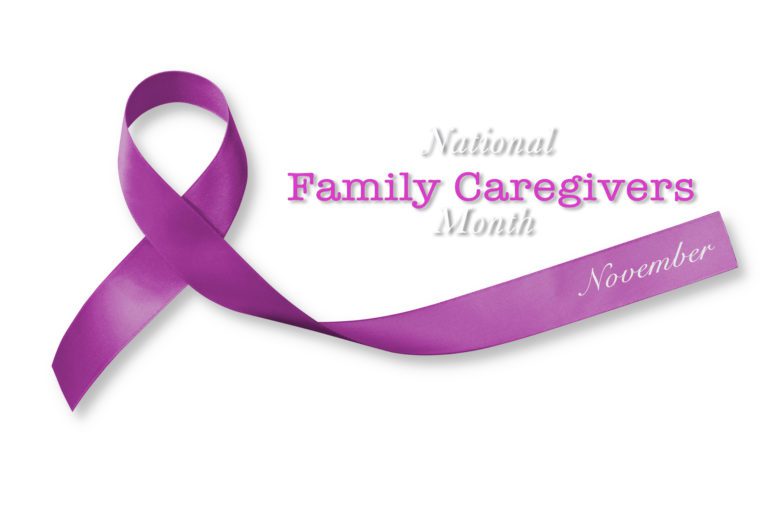Table of Contents
- Understanding the Role of Hospice Care
- The Essential Role of Home Care
- Benefits of Combining Hospice and In-Home Care
- How Hospice and Home Care Collaborate
- What to Expect as Your Loved One Ages
- Additional Considerations for Home Care and Hospice
- Conclusion
Navigating the journey of aging and end-of-life care for a loved one can be challenging. One of the most difficult conversations families face is the potential need for hospice care. This decision involves emotional, financial, and logistical considerations. It’s beneficial to plan for this possibility ahead of time to ensure your loved one receives the care and support they need. Here’s how home care and hospice work together to provide comprehensive support during this critical time.
Understanding the Role of Hospice Care
Hospice care focuses on providing comfort and support for individuals with terminal illnesses. The primary goal is to keep your loved one as comfortable as possible while managing their symptoms. This type of care is typically provided by a specialized hospice team that includes doctors, nurses, social workers, and chaplains. They work closely with families to create a care plan tailored to the needs and preferences of the patient.
The Essential Role of Home Care
While hospice care is crucial, it does not cover every aspect of day-to-day care. Home caregivers play a vital role in filling these gaps. They provide physical care, emotional support, and companionship to ensure that your loved one’s needs are met between scheduled hospice visits. This support can make a significant difference in maintaining their quality of life.
Benefits of Combining Hospice and In-Home Care
Enhanced Quality of Life
One of the main benefits of integrating home care with hospice services is the enhanced quality of life it provides. Home caregivers can assist with activities such as bathing, dressing, and meal preparation, which helps your loved one remain comfortable and dignified in their own home.
Continuous Support
Hospice care typically involves scheduled visits, but in-home caregivers offer continuous support. This ensures that your loved one receives consistent care and attention, reducing the risk of complications and addressing any emerging needs promptly.
Personalized Care
Combining hospice and home care allows for a highly personalized approach to care. Home caregivers can observe and report changes in your loved one’s condition, enabling the hospice team to adjust the care plan as needed. This collaborative approach ensures that all aspects of your loved one’s care are managed effectively.
Learn More: Understanding Spinal Cord Injuries
How Hospice and Home Care Collaborate
Comprehensive Care Planning
Hospice and home care teams work together to develop a comprehensive care plan. This plan is reviewed and updated regularly to reflect any changes in your loved one’s condition. The hospice team provides guidance on medical care, while home caregivers manage daily needs and offer emotional support.
Symptom Management
Hospice care focuses on managing symptoms such as pain, nausea, and discomfort. Home caregivers assist by monitoring your loved one’s condition and providing reports to the hospice team, ensuring that symptom management remains effective and responsive to their needs.
Emotional and Social Support
In addition to physical care, both hospice and home caregivers provide emotional and social support. Home caregivers offer companionship and engage in activities that bring comfort and joy, while the hospice team provides counseling and support to both the patient and their family.
What to Expect as Your Loved One Ages
As your loved one’s illness progresses, the care plan will evolve. Hospice will continually assess their condition and adjust treatments to ensure comfort and quality of life. Home caregivers will play an important role in monitoring health changes and providing daily support.
Managing Progression of Illness
Hospice focuses on managing the progression of illness with the goal of maximizing comfort. They will work closely with the home care team to ensure that any changes in health are addressed promptly and appropriately.
Coordinating Care
Effective communication between hospice and home care teams is crucial. Regular updates and consultations help to ensure that all aspects of your loved one’s care are coordinated and that their needs are met comprehensively.
Additional Considerations for Home Care and Hospice
Emergency Support
Hospice teams are available 24/7 for emergencies, but they do not provide constant daily care. Home caregivers step in to offer additional services such as:
- Running errands
- Preparing meals
- Providing companionship and encouragement
- Assisting with transportation to appointments
- Performing light housework
- Offering toileting and hygiene assistance
- Providing respite care for family members
- Supporting mobility and transferring
Learn More: Importance of Personalized Personal Care Plans for Seniors
Insurance and Financial Considerations
It’s important to discuss your care plan with your loved one’s insurance company to understand coverage options. Medicaid may also provide financial assistance based on individual circumstances.
Conclusion
Integrating home care with hospice services can significantly enhance the quality of care and support your loved one receives. By working together, these services ensure that your family member remains comfortable, respected, and supported in their familiar surroundings. From The Heart Home Care is committed to providing exceptional in-home care that complements hospice services, ensuring that your loved one receives comprehensive, compassionate support. Our dedicated caregivers and personalized approach help ease the challenges of end-of-life care, giving your family peace of mind during this important time.







